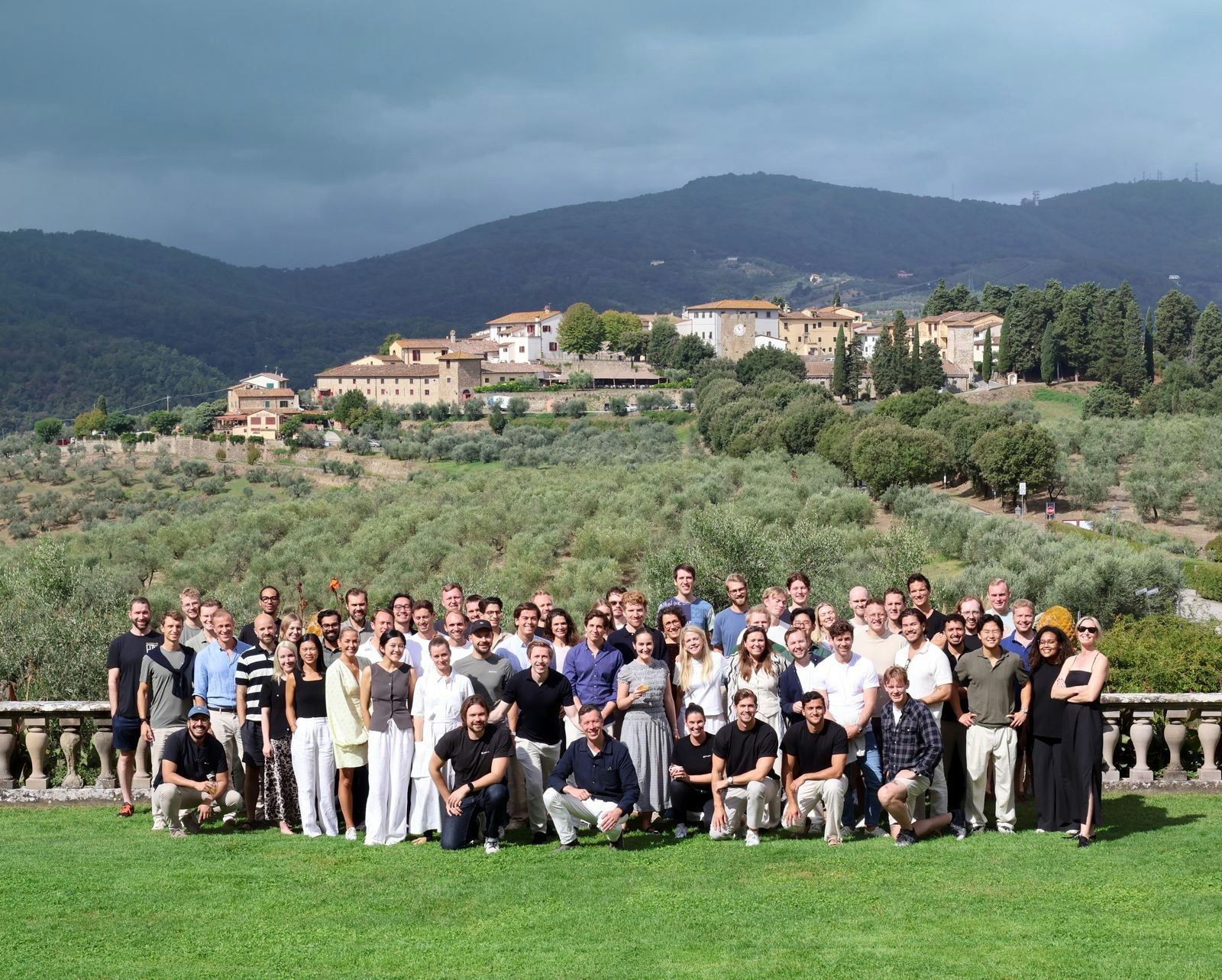Paris-based femtech Omena, which has built an app offering information and support services to menopausal women, has today raised an €800k seed round that includes €600k of equity.
It is Omena’s second round of fundraising after it closed a €400k pre-seed in 2021. The round was secured through business angels and family offices, and included returning investors Alexandre Lebrun, the founder of AI healthtech Nabla, angel investor Marie Outtier and Simon Dawlat, the CEO of CRM startup Batch.
New participants included the French family office Fair Equity and investor club Mozza Angels. Almost half (45%) of the company’s investors are women.
Omena focuses on supporting menopausal women, 80% of whom experience symptoms ranging from hot flashes and sleep problems to anxiety and depression.
In France alone, 500k women enter menopause every year — a significant market that has gained little attention from startups and VCs so far.
Only 6% of femtechs in France address menopause, according to consulting firm Wavestone. And data from Guidehouse shows that globally, startups tackling issues linked to menopause raised 1.3% of global femtech funds between 2012 and 2021.
“Omena started with the observation that in France, feminist movements that influenced femtechs mostly focused on endometriosis, pregnancy, periods and not so much on menopause,” says Mathilde Nême, the cofounder of Omena.
“We wanted to do something in that space, where so far there’s been no innovation in continental Europe.”
An app for menopausal women
Nême, together with cofounders Hahyeon Park and Jane Douat, started Omena three years ago while still at business school.
The trio built a free app to provide users with information about the symptoms of menopause, how to treat those symptoms and what risks menopausal women should be aware of, such as higher occurrences of breast cancer and cardiovascular diseases.
A premium version — at €60 per year — gives access to more targeted wellness programmes that tackle different symptoms, from nutrition and exercise programmes to sexology and behavioural therapy. The paid-for version also includes teleconsultations with practitioners.
The startup works in partnership with the GEMVI –– a French scientific organisation specialising in menopause, made up of gynaecologists and endocrinologists — which oversees Omena’s medical content.
Monetising Omena
Since the app launched in March 2022, 55k women have created an account on Omena. Nême says that monetisation metrics are encouraging, with up to 10% of users purchasing a paid membership — a data point that was key in convincing investors amid a difficult fundraising landscape, particularly for femtechs.
“We started monetising eight months ago, so when we closed the [seed] round, we had six months’ worth of monetisation and we could show some numbers,” she says. ”I think that’s what convinced investors.”
In addition to users purchasing memberships, Nême and her cofounders are looking at other ways to make the company’s business model work.
For example, the team is in talks with French private health insurance companies and hopes that Omena will eventually become part of the catalogue of services on offer to members. The startup is also planning to create an e-shop in the app to enable users to purchase affiliate products like food supplements that have been approved by the GEMVI.
But where Omena expects to generate lots of business is through B2B partnerships with companies.
Nême points to the “Menopause Friendly Accreditation” label that was created in the UK to reward businesses that have a friendly working environment for menopausal women — and now includes major multinational companies like Unilever, HSBC and Atos.
“We’re targeting companies that have this label in the UK and also have offices in France,” says Nême. “We’re going to them saying, ‘You’ve got this accreditation in the UK but in France you don’t have anything — and we can help you put something in place here.’”
“Once we are working with them, we’ll have the credibility to go to other companies that don’t already have this culture and explain that this is an issue that is relevant to the workplace.”
No partnership has been signed yet but Nême says the company is in talks with potential customers.
What’s next?
With this fresh injection of cash, Nême and her team are planning to double down on marketing. “The aim is to make menopause a big topic in France,” she says, arguing that other countries, especially the UK, are more forward-thinking.
Most of Europe’s startups tackling the challenges of menopause are based in the UK.
The startup is hoping to raise awareness thanks to marketing campaigns and partnerships with high-profile celebrities and influencers, as well as continuing engagement with workplaces.
In the longer term, Omena hopes to expand the app to other countries in continental Europe.



